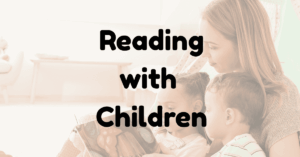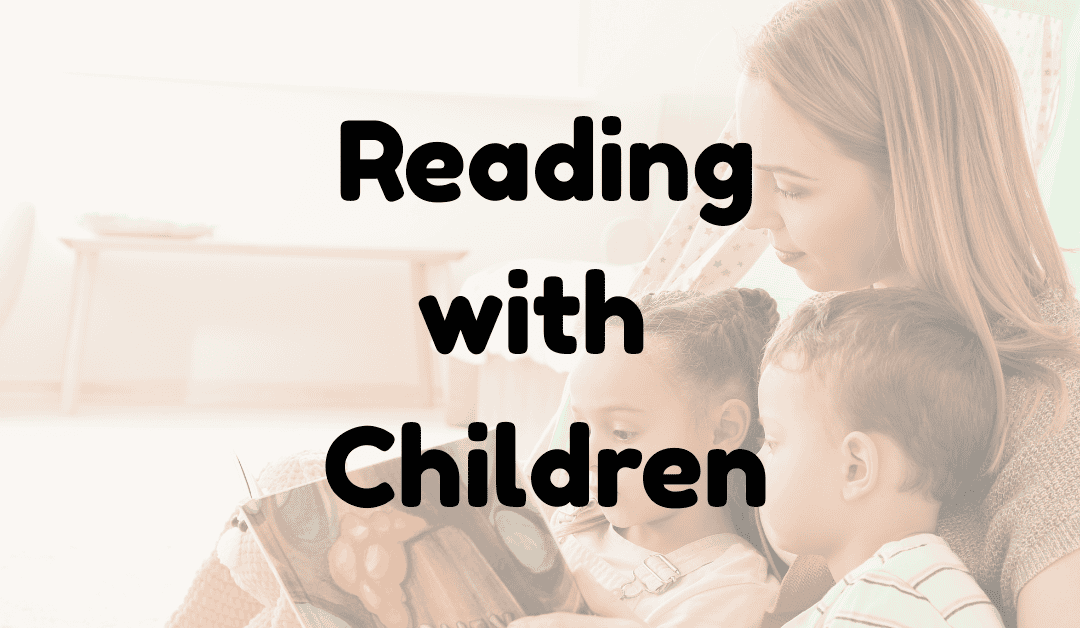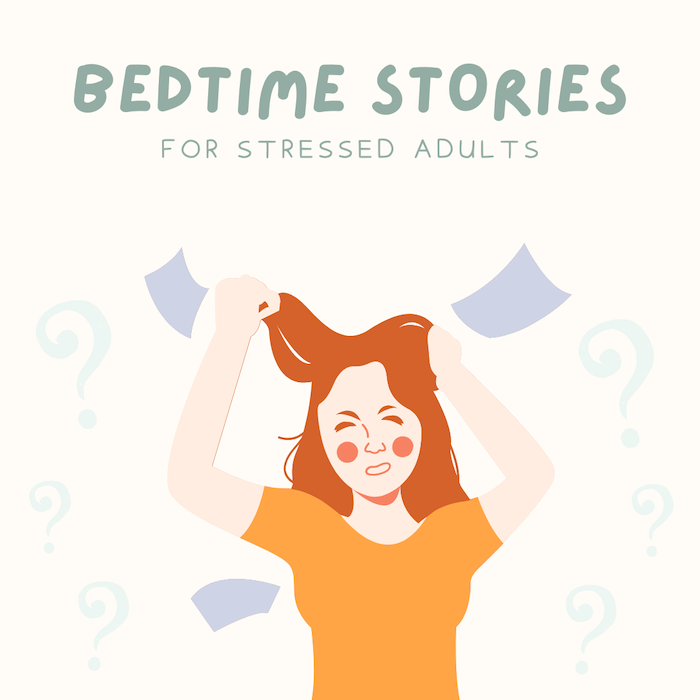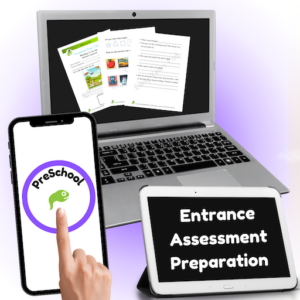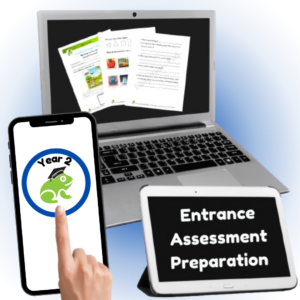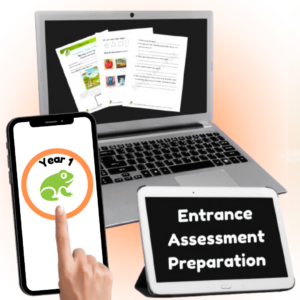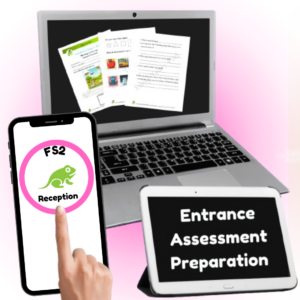Reading with children is one of the most powerful ways parents can support their child’s development. In the British Early Years Foundation Stage (EYFS), we understand that reading is not just for bedtime—it is the foundation for language, learning, and lifelong curiosity.
Start Reading from Birth
From the earliest days, babies benefit from hearing language. Reading from birth introduces your child to the rhythm and sounds of speech. While simple baby books with pictures and single words are excellent, do not stop there. Reading full stories, with characters and plot, fires up the brain in incredible ways.
Explaining stories as you go helps build neural connections that support language, processing speed, memory, and focus. It also introduces the joy of storytelling, long before a child can read for themselves.
Bonding Through Books
Reading is also a special time of emotional connection. Cuddling up with a book creates a sense of comfort and calm. Children often want the same story repeated again and again—and that is a good thing. Repetition builds confidence and deepens understanding. Familiar stories and connected time with a trusted adult become part of a child’s emotional regulation.
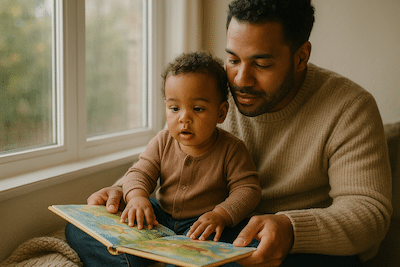
Benefits Beyond Vocabulary
Regular reading supports a wide range of skills:
- Phonological awareness (hearing and working with the sounds in words)
- Comprehension (understanding the meaning behind words and stories)
- Expressive language (using words confidently to communicate ideas)
- Improved attention span and listening skills
- A lifelong love of reading leading to learning
Talk, Predict, and Infer
Once your child starts talking, make reading interactive. Ask questions like:
- “What do you think will happen next?”
- “Why do you think she is sad?”
- “What do you notice in this picture?”
This helps your child make inferences—working out things that are not directly said. For example, if a character is hiding behind a chair, you might say, “I think he is scared—what makes me think that?” Get your child to give their opinion.
Talking about facial expressions, body language, and hidden clues supports critical thinking, empathy, and early comprehension skills.
Phonics and Involvement
As your child learns phonics and starts to recognise letter sounds, involve them in reading. Look out for common exception words—these are words that do not follow typical phonetic patterns, such as said, the, or was.
Play simple reading games:
- “Can you spot all the ‘and’ words on this page?”
- “Can you sound out this word: c-a-n?”
Start with CVC words—three-letter words made up of a consonant, vowel, and consonant, like dog, sun, or bed. These early wins build confidence and enthusiasm.
Reading for Purpose
Reading for purpose means more than just decoding letters. It is about:
- Understanding the story
- Thinking deeply about characters and events
- Feeling emotionally connected
- Enjoying shared time together
So read daily, make it fun, ask questions, and let your child take the lead. The skills you nurture now will support their learning journey for years to come and will link them to the world in ways that will go beyond your imagination.
Further Reading

Farm Animals and their Sounds

Preschool Preparation | Tips to get it right – from the start

Learn how to correctly write lowercase letters
